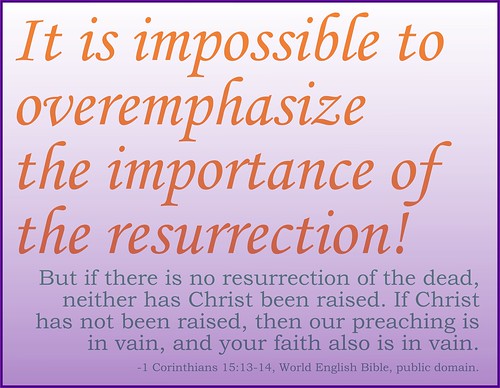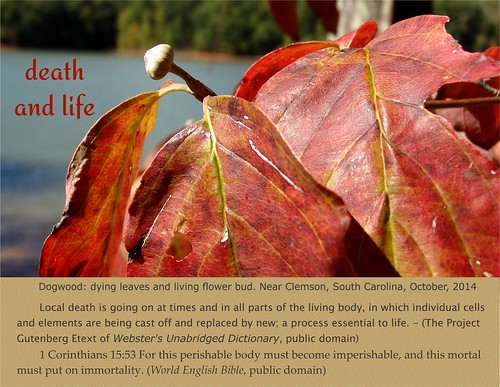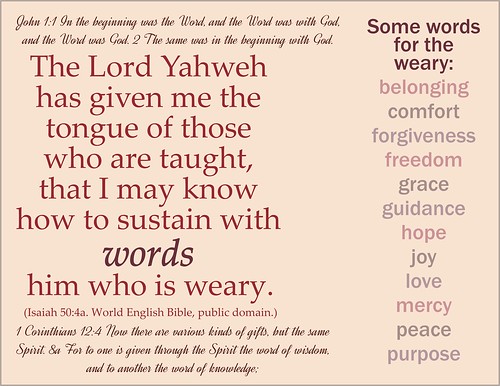Honor the King
I’ve done it
myself. I’ve ridiculed a person in authority. Based on these verses, and the
Golden Rule of Matthew 7:12 (“Do unto others as you would have them do unto
you.”) such behavior is wrong. We aren’t certain about the time when Peter
wrote, telling his readers to “Honor the King.” (Some translations say “Honor
the Emperor.”) But, no matter which king or emperor he had in mind, he wasn’t
talking about a political authority who was friendly to Christians. Some Roman
Caesars expected to be worshiped as if they were Gods. They presided over an
occupied Israel. Roman soldiers had officiated at the crucifixion of Jesus. Some
of the Caesars had Christians executed in various humiliating and painful ways.
Some of them forced Christians to worship in secret. Peter might have been
referring to Nero, who is said to have used Christians as living torches at his
parties. These were not nice people. Yet Peter said to honor and respect them.
So did Paul.
Jesus said,
in Matthew 5, the Sermon on the Mount, that we shouldn’t call other people
fools, or equivalent words, and there may be a punishment, the most serious
one, if we disobey this.
So what does
this mean for today? It seems to me that it means just what it did to the early
Christians. We are to honor and respect the President, the Supreme Court, the
local school board, the mayor, and people in other such positions. It was wrong
for a popular cartoonist to present President George W. Bush as a bedraggled,
empty helmet. It is wrong to produce, or share, caricatures of President Obama as
a monkey, or to call him an idiot. Those are just examples of wrong behavior. There
are a lot more. You don’t have to go far on Facebook to find some related to
President Obama. You won’t have to go far to find Internet and TV material
ridiculing and dishonoring whoever becomes our next President, from whichever
party.
What about
the coaches and players and cheerleaders and fans of my team’s most despised
rival? Do I respect them, do I honor them, do I acknowledge their skill and
intelligence? I should treat them with respect, too.
Do we have to
root for the other side? No. Do we have to agree with everything an elected
official does? No. Do we have to vote for them? No. Can we disobey them? Yes,
if it’s done respectfully, giving due honor, and for a sound Biblical reason.
Thanks for reading.











